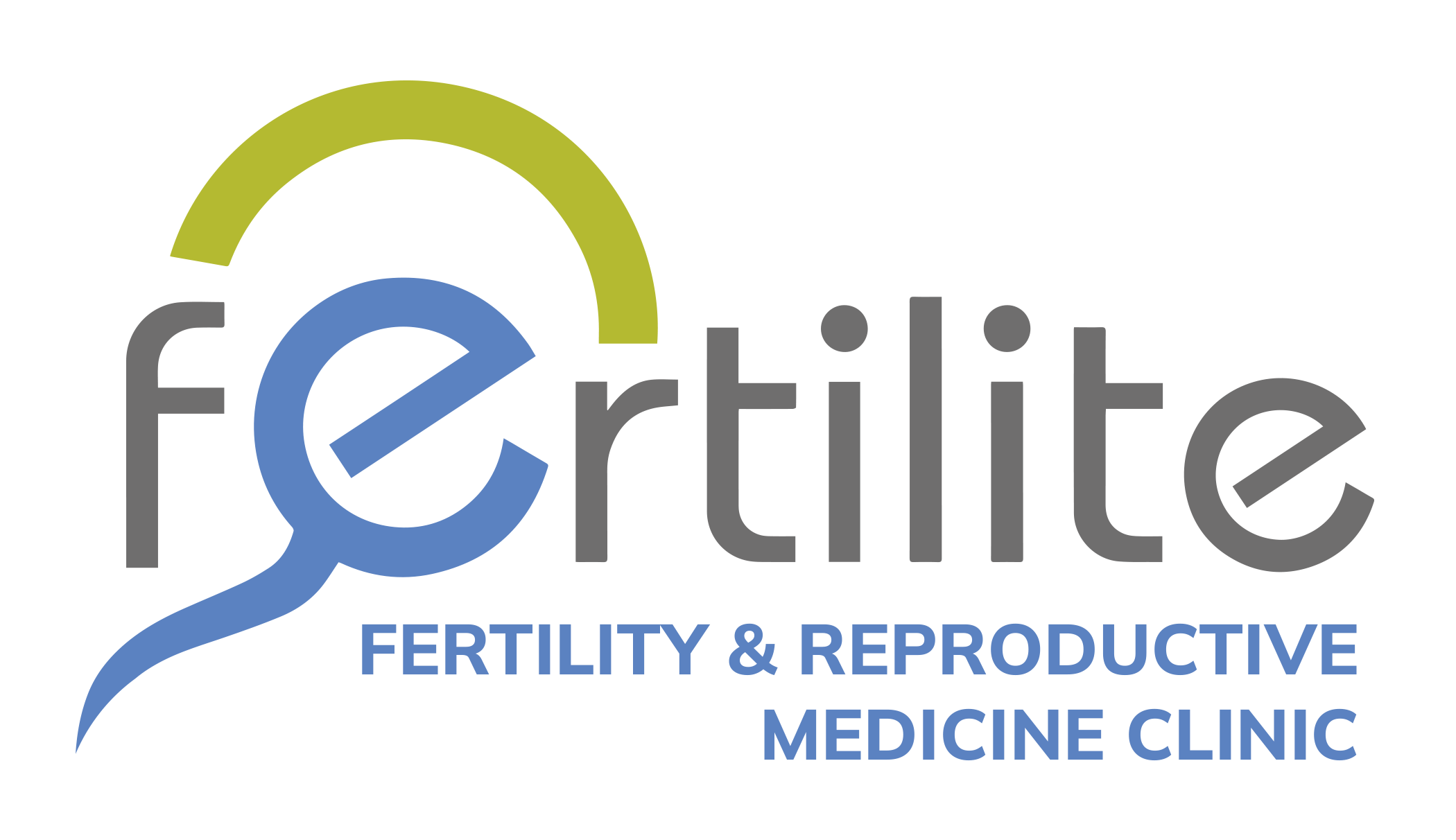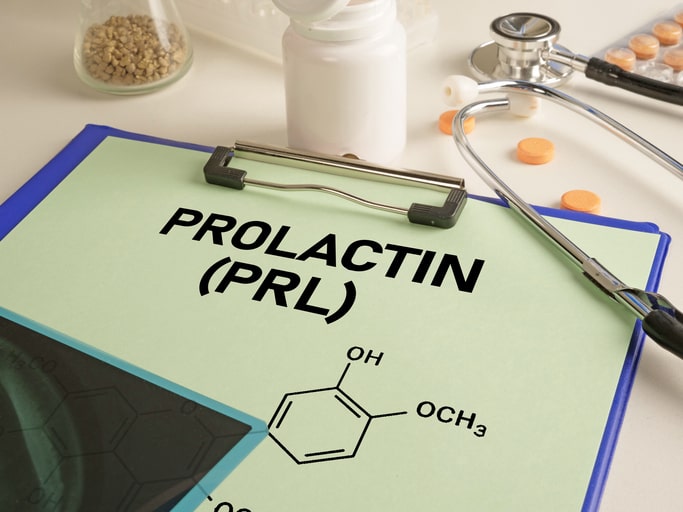Introduction to Prolactin
Prolactin is a hormone primarily known for its role in lactation, but it also plays a crucial part in reproductive health. Beyond milk production, prolactin influences fertility, menstrual cycles, and importantly, the implantation of embryos during pregnancy.
How Prolactin Affects Reproductive Health
Regulating the Menstrual Cycle
Prolactin interacts with the hypothalamus to regulate hormones like gonadotropin-releasing hormone (GnRH), follicle-stimulating hormone (FSH), and luteinizing hormone (LH). These hormones are essential for the menstrual cycle and ovulation. When prolactin levels are elevated, it can disrupt this delicate hormonal balance, leading to irregular menstrual cycles and difficulties with ovulation.
Impact on Female Fertility
Prolactin helps prepare the uterus for embryo implantation by making the endometrial lining more receptive. It also plays a role in immune modulation within the uterus, helping to ensure that the maternal immune system accepts the embryo as it implants. Optimal levels of prolactin support the secretion of factors that create a conducive environment for embryo attachment and early pregnancy development.
Influence on Male Fertility
In men, prolactin regulates testosterone levels and sperm production. High levels of prolactin can interfere with these processes, potentially leading to issues such as erectile dysfunction and reduced sperm count, which can impact fertility. Learn more about male factor infertility and its treatments.
Prolactin’s Role in Implantation
Making the Uterus Ready
Prolactin is crucial for preparing the uterus to welcome the embryo:
- Supporting the Luteal Phase: During the menstrual cycle, prolactin levels rise in the luteal phase. This phase is critical for preparing the endometrium to support embryo implantation and early pregnancy.
- Ensuring a Supportive Environment: Prolactin helps promote vascularization within the endometrium, ensuring adequate blood supply to support embryo development. It also regulates uterine contractions, helping to create a stable environment for implantation without the risk of premature expulsion.
Challenges with High Prolactin Levels
Hyperprolactinemia
Hyperprolactinemia refers to elevated levels of prolactin in the blood, which can negatively impact fertility and pregnancy:
- Impact on Pregnancy: Elevated prolactin levels can hinder implantation by disrupting the uterine environment and hormonal balance needed for successful pregnancy. Learn more about hyperprolactinemia and its effects on fertility.
- Treatment Options: For individuals with hyperprolactinemia, treatment often involves medications called dopamine agonists. These medications work by lowering prolactin levels, restoring hormonal balance, and improving the chances of successful embryo implantation and pregnancy. Discover more about treatments for hyperprolactinemia.
Prolactin Levels: USA and Mexico Statistics
United States
In the United States, hyperprolactinemia affects approximately 0.4% of the general population, with higher prevalence among individuals experiencing fertility challenges. Elevated prolactin levels in women can contribute to menstrual irregularities and difficulties with ovulation, impacting fertility outcomes. For more statistics, visit the American Society for Reproductive Medicine.
Mexico
Specific prevalence data for hyperprolactinemia in Mexico are limited, but it is recognized as a significant endocrine disorder affecting reproductive health. High prolactin levels can lead to similar fertility issues as observed in the United States, necessitating appropriate diagnosis and treatment to improve fertility outcomes. Learn more about fertility treatment options in Mexico.
What’s Next in Research?
Exploring New Frontiers
- Genetic Studies: Researchers are investigating genetic factors influencing prolactin receptor expression and their implications for fertility treatments.
- Combined Therapies: Studies are evaluating the efficacy of combining hormonal therapies with prolactin-targeting medications to optimize fertility outcomes in individuals with hyperprolactinemia.
Conclusion
Prolactin plays a critical role in preparing the uterus for pregnancy and supporting embryo implantation. Beyond its role in lactation, understanding how prolactin influences reproductive health helps in developing effective treatments for fertility issues related to prolactin imbalances. For individuals with elevated prolactin levels, medications can be essential in bringing levels down, restoring hormonal balance, and increasing the likelihood of successful embryo implantation and pregnancy. Continued research into prolactin’s role in fertility promises to improve treatments and outcomes, offering hope to individuals and couples striving to achieve their dream of starting a family.
For more information on preserving fertility and related treatments, visit Fertility Preservation.
Reference List
- Melmed, S., & Kleinberg, D. (2018). Hyperprolactinemia and its effects on fertility. Current Opinions in Endocrinology, Diabetes, and Obesity, 25(6), 442-449. Available at: https://www.ncbi.nlm.nih.gov/pmc/articles/PMC5995302/
- Mayo Clinic. (2021). Hyperprolactinemia: Diagnosis & Treatment. Available at: https://www.mayoclinic.org/diseases-conditions/hyperprolactinemia/diagnosis-treatment/drc-20373541
- American Society for Reproductive Medicine. (2022). Facts and Figures. Available at: https://www.asrm.org/




